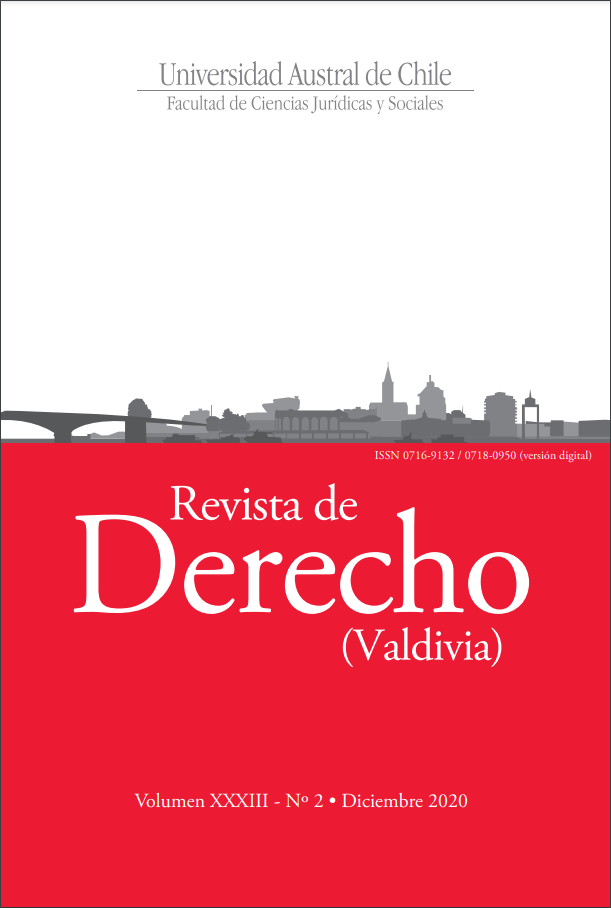The issue of addiction in Colombia’s indigenous people and the un convention on the rights of persons with disabilities
Main Article Content
Abstract
The increase in substance use among Colombian indigenous people is currently a public health issue. Colombian Law has recognized that addiction is a mental health disorder, it has elevated mental health to the category of a fundamental right and has incorporated multiple norms to ensure the right to health for indigenous people. However, there is still in this regard a disconnect between what the law states and how it is being implemented. This article holds that one of the main reasons behind this disconnect is associated to the limitations of the models explaining the nature of addiction that have permeated Colombian Law. It also argues that the Convention on the Rights of Persons with Disabilities is the legal norm which enables the best understanding of the phenomenon of addiction, since it allows to see addiction as the result of a series of socially-caused vulnerabilities that erode -but do not extinguish- autonomy, and as such it fosters the adoption of solutions that seek the elimination of those vulnerabilities and the implementation of treatments that do not deny the addicts’ agency.

